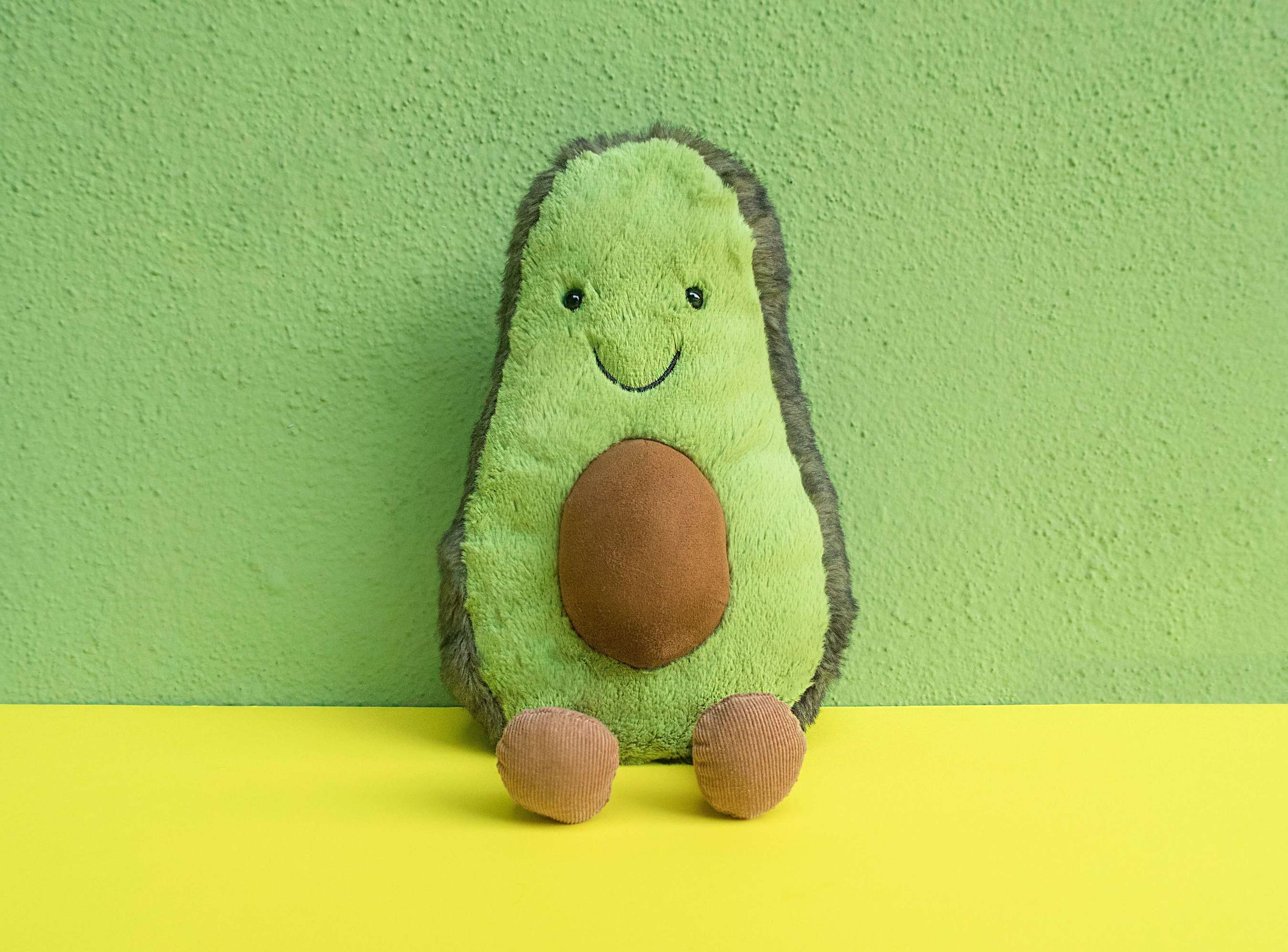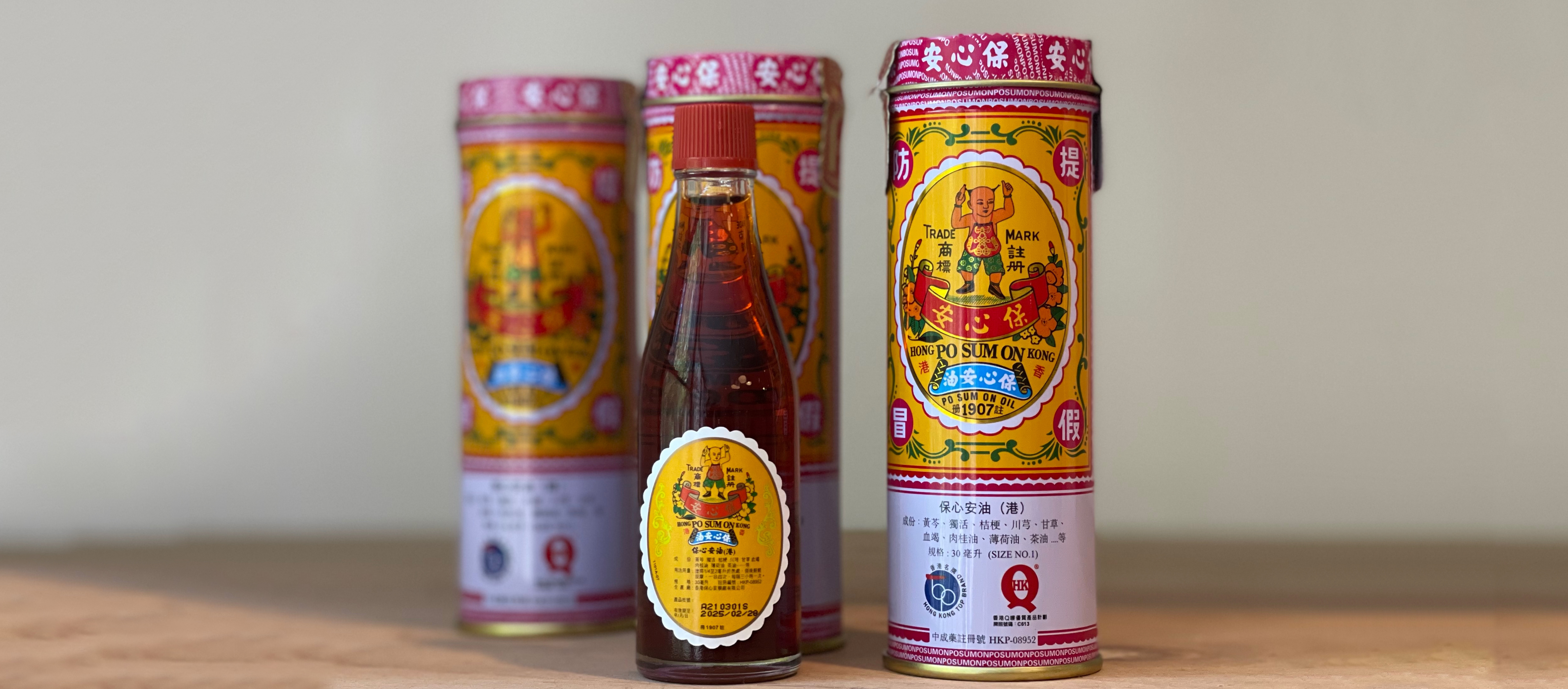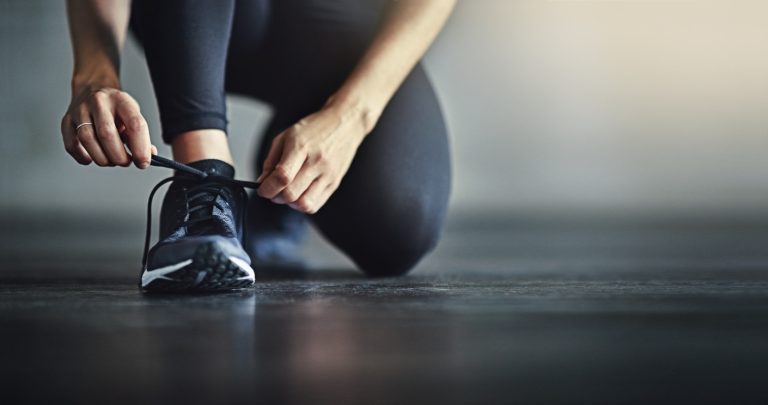Darius* was a patient I hadn’t seen for many years. They had originally come to me to manage their back pain and once they were better we had lost touch. However, a new set of symptoms had brought Darius back to the Yinova Center in the hope that Chinese medicine could help.
A month prior they had had a worrying episode. Out of the blue, Darius suddenly felt a pain in their chest. This was accompanied by a sour stomach and pain down their left arm. Naturally, Darius feared they were having a heart attack and, quite sensibly, had gone to the ER in the middle of the night. There, Darius was tested and pronounced fine. The ER doctor prescribed some antacids and suggested they see a GI specialist. Since then, Darius had been taking antacids regularly but found they didn’t help much. The GI doctor suggested an endoscopy and had found that Darius had a hiatal hernia. The doctor also prescribed antacids and a special diet but Darius was finding their symptoms to be increasingly unpleasant.
“Is there anything else I can do apart from taking the antacids”, Darius asked me. Actually, there was much Darius could do to help themselves and we set about coming up with a treatment plan.
What is a hiatal hernia?
Your esophagus passes through a small hole (a hiatus) in the diaphragm to connect with your stomach. Sometimes the stomach can push up through this hole and that is what’s known as a hiatal hernia. It’s a very common condition and many people who have a hiatal hernia have no idea it’s there because they have few symptoms.
Other people, like Darius, do have symptoms including acid reflux, nausea, belching, and chest pain. Some of my patients also feel that their hiatal hernia’s give them more systemic symptoms such as fatigue and body aches. I’ve even seen some patients whose hiatal hernia was irritating their vagus nerve and causing an irregular heartbeat.
Many doctors dismiss these broader symptoms but to me, as a practitioner of Chinese medicine, a hiatal hernia is not just a local phenomenon but a symptom of a weak digestive system or weak earth element as it is known in Chinese medicine. Weak earth can lead to fatigue and muscle aches. Darius’ full diagnosis was Wood overacting on Earth which is a way of expressing how stress affects the liver and weakens digestion. A sludgy, stagnant liver can cause gastric inflammation and is often overlooked in many conventional treatments for this condition.
So Darius and I set about treating their whole body, and in particular, their digestive system.
Why Does it Happen?
First, we looked at what had caused Darius’ hernia. The causes of hiatal hernia can vary but these are the main ones.
- Mechanical causes – Anything from improper lifting, bouts of coughing, repeated vomiting, a sharp blow to the abdomen, to tight clothing and poor posture can cause a hernia
- Dietary causes – Overeating, eating a large meal, and then lying down, eating rich fatty foods and excessive alcohol consumption can all cause a hernia.
- A backed-up GI system – Many people who have a hiatal hernia also have an inflamed ileocecal valve lower down in their digestive tract causing gas to build up and creating pressure higher up in the digestive system. I’ve noticed that many of my hiatal hernia patients have a long history of constipation causing their GI tract to flow poorly.
- Emotional causes – In Chinese medicine, the wood element can become excessive when the patient represses anger. It’s almost as if they “can’t stomach” a situation and anger causes them to tighten up and suck their breath upwards. If this anger doesn’t get released it can lead to pressure in the stomach and a hernia.
As Darius and I talked, they realized that they had put their body through a few of these challenges. They had recently been through a difficult divorce where they had been very angry but had tried not to show resentment in front of their children. Darius also confided that they had been bulimic in the past although not recently and that when they were going through their divorce, they had got into the habit of having a couple of large glasses of wine after the kids had gone to bed.
Solutions
After Darius and I had worked all of this out we set about making a plan. They agreed to follow a diet aimed at calming their acidic stomach. We talked about various ways of releasing anger and Darius told me they had tried talk therapy in the past and found it wasn’t for them, so I suggested several sessions with our Yinova Bodywork Team, who all have training in therapeutic abdominal massage.
Next, we used acupuncture to treat both the root and the symptoms of the hiatal hernia and I prescribed a Chinese formula that supported their liver, cleared heat and inflammation from the GI tract, promoted healthy digestive function, and relieved emotional anxiety.
I also taught Darius the following maneuver which I’m happy to pass on to you. This exercise helps get the stomach back down through the hole in the diaphragm. Many of my patients with Hiatal hernias have found it really helpful.
Exercise to reverse a Hiatal Hernia
First thing in the morning drinks a cup of warm water (not tea or juice – just warm water!)
Then, while standing, bring your arms straight out to your sides and then bend your elbows so that your hands are touching your chest. Stand up on your toes as high as possible and then drop, you should feel a jolt. Dropdown about 10 times in a row. Then, while standing with the arms up, pant short quick breathes for about 10-15 seconds.
That’s it!
How does it work? The water acts as a weight and the fact that it’s warm relaxes the stomach. Raising your arms and bending your elbows stretches the diaphragm and opens up the hiatus. The jolt as you drop down pulls the stomach out of the hiatus and the panting tightens up the diaphragm and helps the hiatus to close up.
The advice we give Yinova patients with a Hiatal Hernia
- Do the maneuver above every morning. After you feel better keep going for a further three weeks every day to strengthen the area and stop a recurrence.
- A massage therapist skilled in abdominal massage will know massage techniques that can help bring the stomach back through the hiatus.
- Eat regular small meals – “little and often” should be your mantra
- Don’t eat right before you go to bed. Sit up and allow your digestive system to do its job.
- Acupuncture can be used to treat both the symptoms and the cause of a hiatal hernia
- A specially tailored Chinese herbal formula can be very helpful and can be designed to fit your particular pattern. You can schedule an appointment with your practitioner to have one designed for you.
- Avoid alcohol
- Limit fatty foods
- Find a way to relieve stress (acupuncture and massage may be helpful here too)
Darius followed the plan we’d created together and was particularly diligent about doing the special exercise every day. Within two weeks they were feeling much better. After 4 weeks we stopped the herbal formula and after 6 weeks they didn’t need the acupuncture anymore either. We decided they’d carry on doing the massage once a month to relax the area and follow the guidelines above. Before I wrote this article I rang Darius to check in on them and ask their permission to write about their case (with names changed). They told me they had been symptom-free for 8 months and hadn’t needed an antacid in all that time. They’ve even been able to have the occasional rich meal and some wine here and there without a problem.
* Names have been changed to protect our patient’s privacy.






